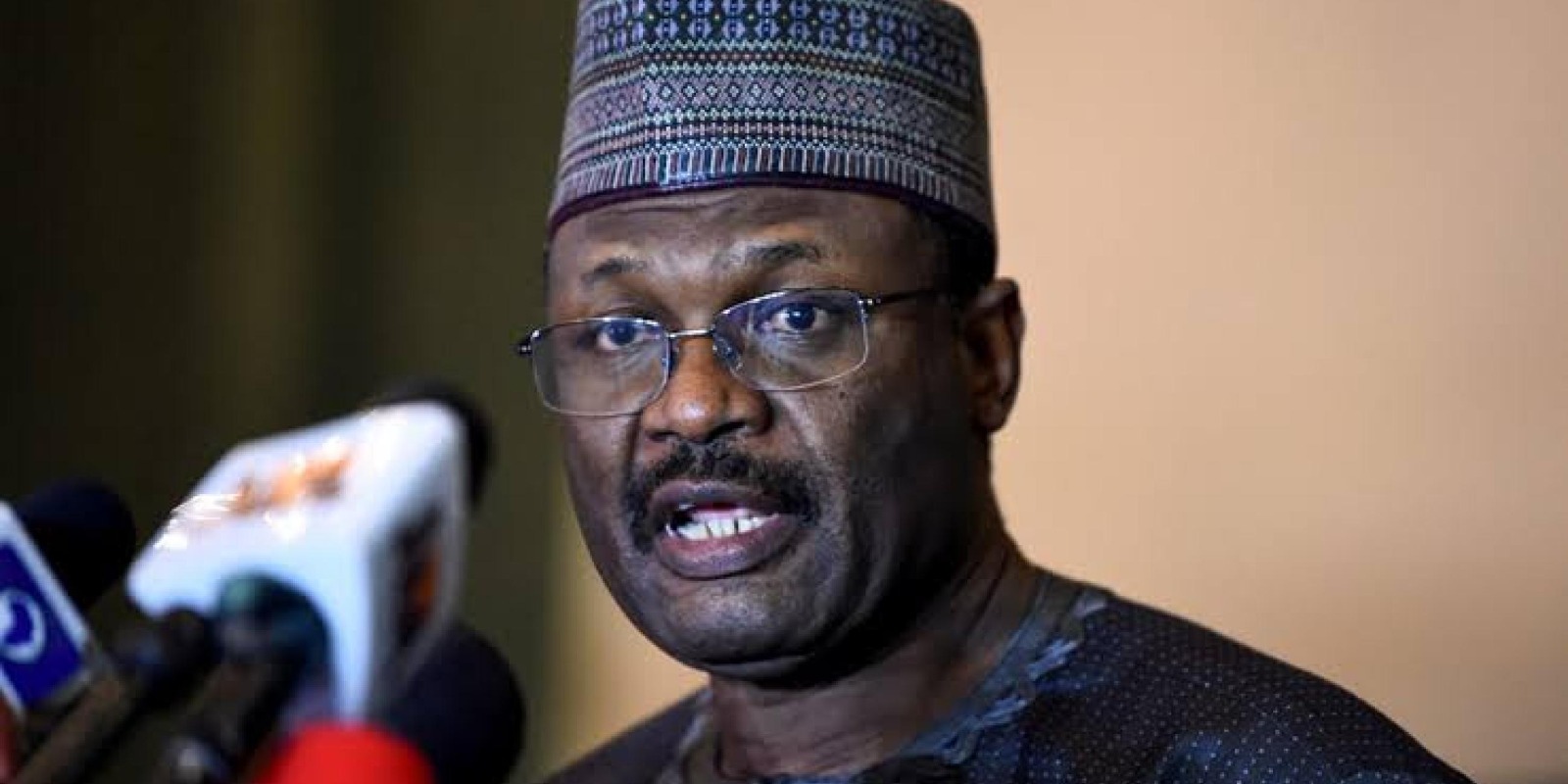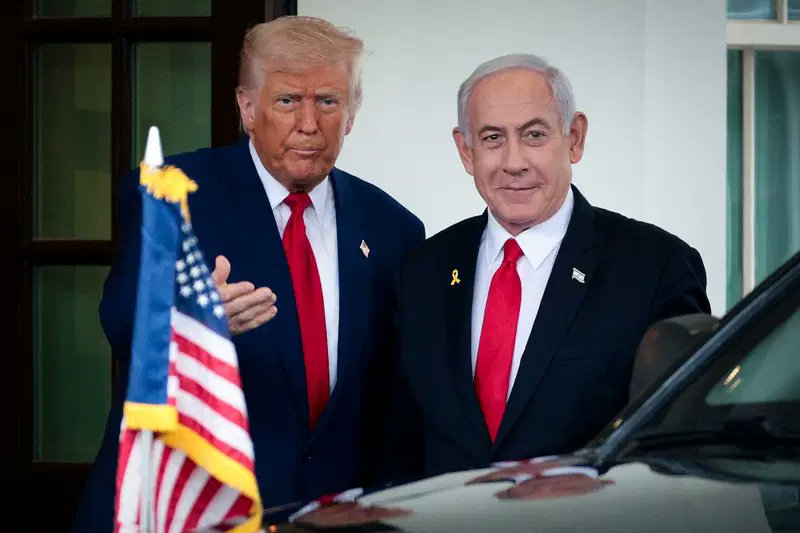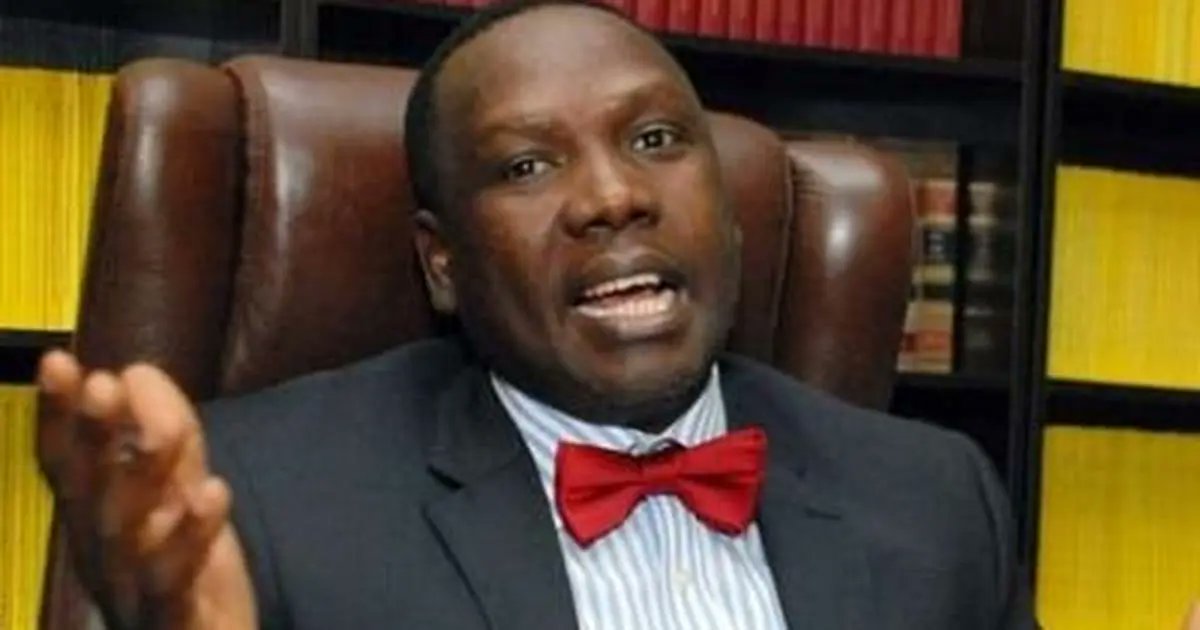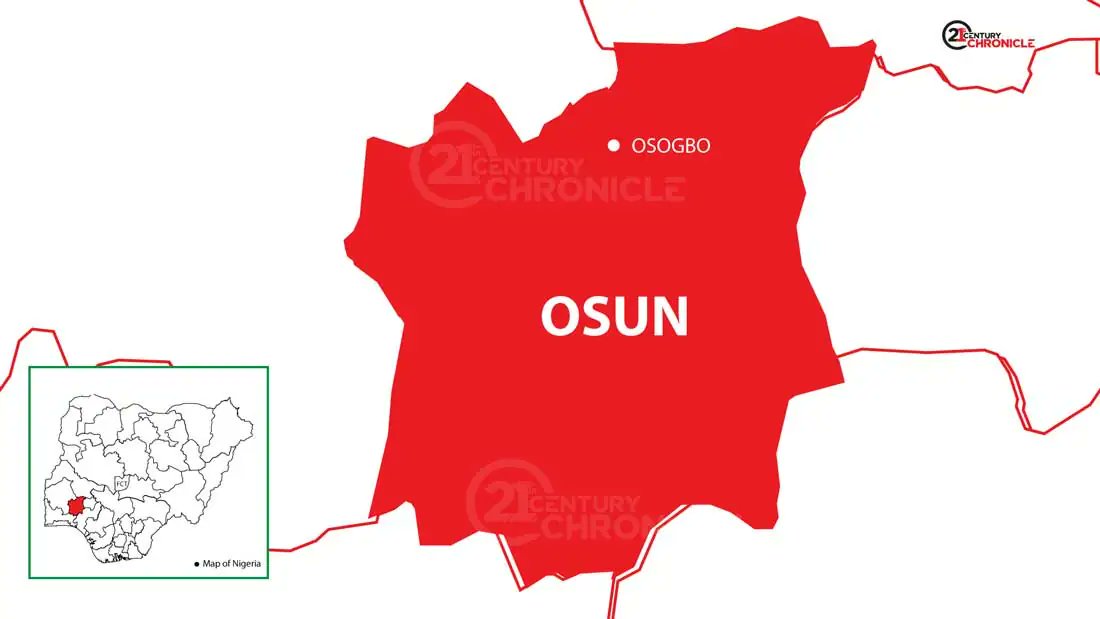
Tensions Rise as INEC Denies Allegations of Blocking Atiku and El-Rufai’s New Party Amid 2027 Power Play

In a swiftly intensifying political climate, the Independent National Electoral Commission (INEC) has found itself at the center of growing controversy following allegations that it is stalling the registration process of new political parties—most notably, the All Democratic Alliance (ADA), a platform reportedly backed by heavyweight opposition figures such as former Vice President Atiku Abubakar and former Kaduna State Governor Nasir El-Rufai. As the nation inches closer to the 2027 general elections, what began as quiet murmurs of concern within opposition circles has now erupted into a full-blown political storm.
The opposition is accusing the electoral body of playing partisan politics by allegedly foot-dragging on applications submitted by new political associations seeking official recognition. The ADA, which has been publicized as a central pillar in the efforts to galvanize a formidable coalition against President Bola Tinubu’s administration, appears to be the nucleus of this brewing storm. Its proponents believe the alliance could be a game-changer if INEC grants timely approval for registration. However, recent events have cast doubt on whether the Commission intends to proceed transparently and efficiently.
In a public appearance on Arise Television’s flagship programme Prime Time, Nasir El-Rufai did not mince words as he voiced the mounting frustration among opposition leaders. According to the former governor, the skepticism around INEC’s commitment stems from what he described as “a visible reluctance” under the leadership of Professor Mahmood Yakubu to clear the pathway for new political entities. El-Rufai warned that such institutional inertia could damage the country’s democratic architecture if left unchecked.
But INEC, clearly rattled by the allegations, fired back with a robust denial during a consultative meeting held on Wednesday in Abuja with civil society organizations. INEC Chairman Professor Mahmood Yakubu described the claims as unfounded, saying the Commission has always operated within the confines of the law and maintained its independence regardless of the prevailing political wind. “There are partisan insinuations in some quarters that the Commission is equivocating on the matter in a manner that compromises our independence. Nothing can be further from the truth,” Yakubu declared.
The INEC chairman attempted to contextualize the current developments by referencing a similar episode from 2013, when the Commission was accused of being in bed with the ruling party and resisting the merger that birthed the All Progressives Congress (APC). “Nigerians may recall that the same unfounded accusation was made in 2013... that INEC was not keen on the merger of political parties,” he said, adding that history seems to be repeating itself with the same kind of political theater.
Yakubu further reminded the public that the current Commission has the distinction of registering the largest number of political parties in the nation’s history, asserting that it does so strictly in line with the existing electoral legal framework. He pointed out that during the 2019 general elections, a staggering 91 political parties participated, with 73 presidential candidates, sparking widespread criticism that the ballot was overcrowded. Post-election, the Commission wielded its constitutional powers to deregister over 70 parties that failed to meet the minimum requirements, a move that was upheld by the judiciary.
With the 2027 elections on the horizon, INEC’s promise to uphold transparency in the registration process may not be enough to quell the suspicion that continues to spread across opposition lines. Yakubu, however, reaffirmed INEC’s commitment to due process. “We wish to reassure Nigerians that under the current situation, we will continue to operate strictly under the law and in fairness to all associations seeking registration as political parties,” he said. “Nigerians will be fully briefed of the actions taken by the Commission every step of the way.”
Meanwhile, as ADA’s registration hangs in limbo, opposition players are reportedly exploring alternative routes. El-Rufai hinted that the Social Democratic Party (SDP), a party with deep historical roots and a sentimental legacy, could serve as a viable fallback option. The SDP’s legacy as a progressive platform, dating back to the annulled 1993 election won by Moshood Abiola, remains powerful and may present a symbolic advantage in rallying disenchanted voters.
But insiders say the stakes are too high for the opposition to rely on legacy alone. The momentum building around ADA stems not only from its backers but also from a growing public appetite for a credible third force—one that could disrupt the dominance of Nigeria’s two traditional power blocs, the APC and the PDP. With economic hardship, rising insecurity, and widespread youth disillusionment creating fertile ground for political upheaval, the registration of ADA has taken on greater significance than mere paperwork.
Critics of the Commission argue that if INEC drags its feet long enough, it could deny the new parties enough time to organize, build grassroots support, and compete effectively in the polls—an accusation INEC is desperate to avoid. On the flip side, some analysts caution that the country must also guard against an explosion of unserious or poorly structured parties, which could confuse voters and dilute electoral integrity.
For now, all eyes remain fixed on INEC’s next move. Will it rise to the occasion and reaffirm its independence, or will the cloud of political suspicion deepen as Nigeria marches toward another defining electoral cycle? As the clock ticks and political maneuverings intensify, what is certain is that the battle for 2027 has already begun—not at the ballot box, but at the gates of registration.
Whether ADA becomes a registered political entity or not, the ongoing saga has already reshaped the tone of political discourse in Nigeria. It is no longer just about parties and candidates, but about the credibility of the institutions that hold the keys to democracy. INEC’s actions—or inactions—over the coming months may well determine whether the next general election will be a competitive contest or just another chapter in a familiar script.


